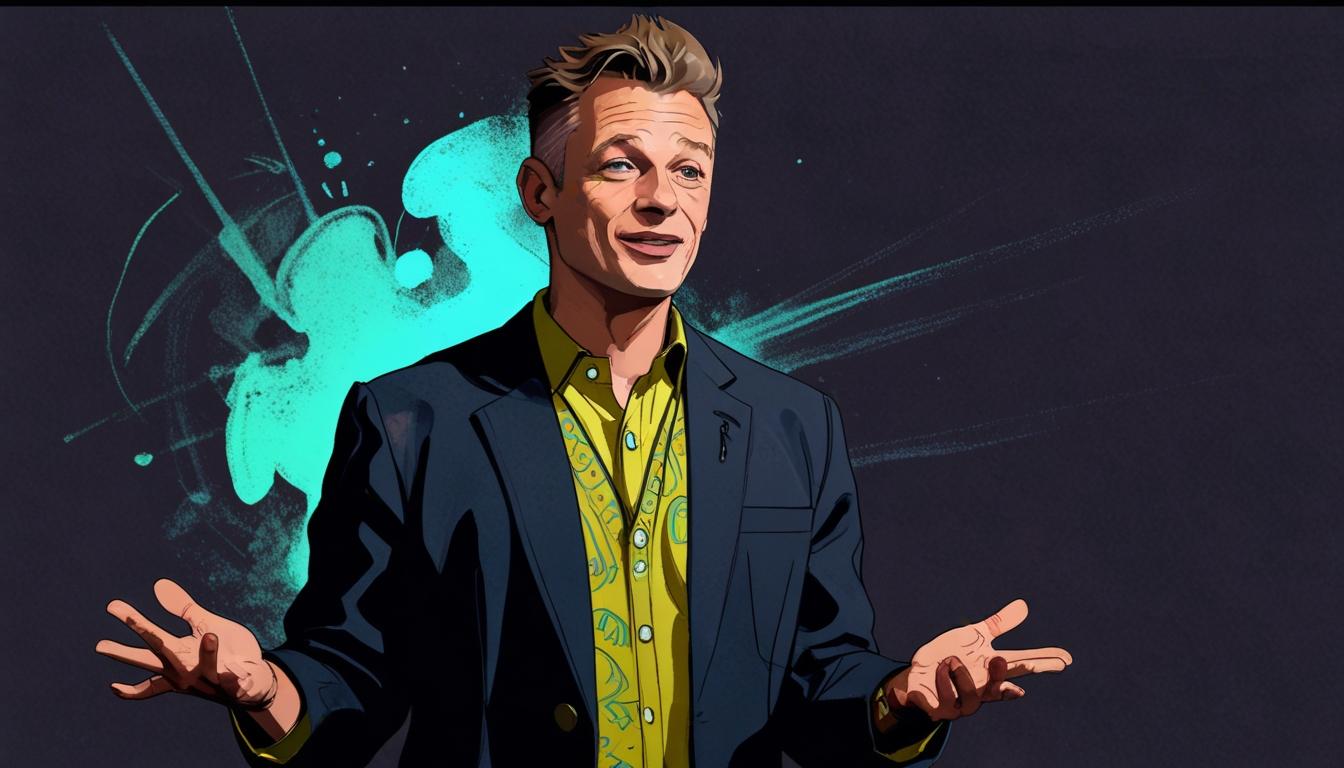Television presenter Chris Packham has voiced strong criticism of Robert F. Kennedy Jr., the US health secretary, following remarks that suggested the Trump administration aims to identify and eradicate the "causes" of autism by September. Packham's comments, made during an appearance on ITV's Good Morning Britain, reflect his deep engagement with the autism community and shed light on misconceptions about the condition.
Packham, diagnosed with Asperger’s syndrome in 2005, pointedly stated that there is no epidemic of autism; rather, greater awareness has allowed more individuals to seek and receive support. He emphasised, “Firstly, there’s no epidemic. What we have done is we’ve created a wider awareness of this condition and therefore more people are able, hopefully, to access help.” His observations reflect a growing recognition that increased diagnosis and understanding have led to better access to resources, rather than an alarming rise in cases.
In his critique, Packham expressed his curiosity about understanding the origins of his own condition. However, he firmly rejected the notion of a cure for autism, arguing that autistic individuals are not "broken" or in need of fixing but rather possess unique perspectives and strengths that contribute significantly to society. He stated, "We don’t want a cure. We are not broken. We are merely different, and those differences are sometimes presenting us with enormous disabling problems."
The television host, known for his nature documentaries and advocacy work, highlighted the importance of valuing diversity within the autistic community. He remarked on the powers of neurodiversity in generating solutions to global challenges, emphasising, “Without people who think differently, some of the world’s problems simply would not have been and will not be solved.”
In his recent work, Packham continues to advocate for greater understanding of autism through his BBC Two series Inside Our Autistic Minds, which explores the lived experiences of autistic individuals. This series aims to shine a light on their unique perspectives by partnering individuals with creative professionals to create short films that express their feelings and experiences. The show has garnered praise for its heartfelt and insightful portrayal, underscoring the importance of empathy and understanding in society. Critics have noted that it provides audiences with much-needed insight into the challenges faced by autistic individuals, revealing how often their unique perspectives are overlooked.
Reflecting on what he describes as a societal tendency to minimise conditions such as autism and ADHD, Packham has called for a more nuanced understanding. He noted that there is a “tendency these days for people to say, ‘Well, I think I’m a little bit autistic,’” which can trivialise the condition and its real-world impact. The presenter insists on recognising the serious effects that such neurodivergent conditions can have, especially on young people, particularly females who often go undiagnosed.
As conversations around autism continue to evolve, Packham’s voice adds a crucial layer to the dialogue. By challenging harmful notions of cures and highlighting the richness of autistic experiences, he advocates for acceptance and understanding within society. Through both his media presence and advocacy efforts, Packham seeks not only to illuminate the realities of living with autism but also to foster a more inclusive environment where neurodiversity is embraced.
In a world often struggling with misinformation and misunderstanding about autism, Packham’s insistence on the importance of authentic representation and accurate information could not be more timely. As debates about autism continue, the need for informed discussions grounded in the realities of those affected has never been clearer.
Reference Map
Source: Noah Wire Services
